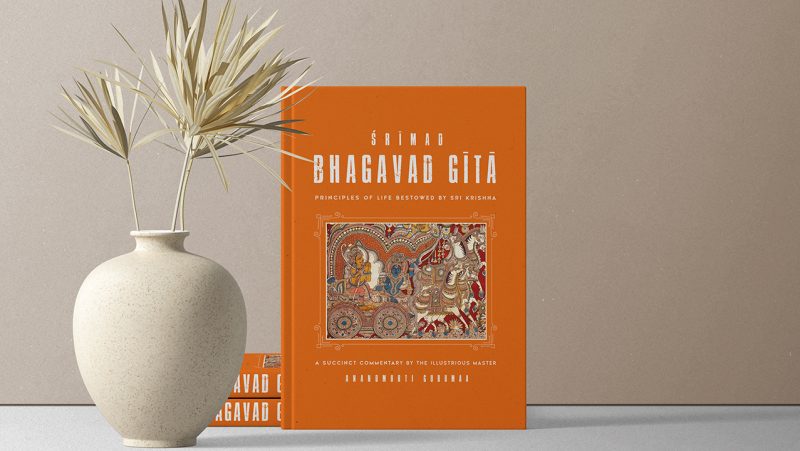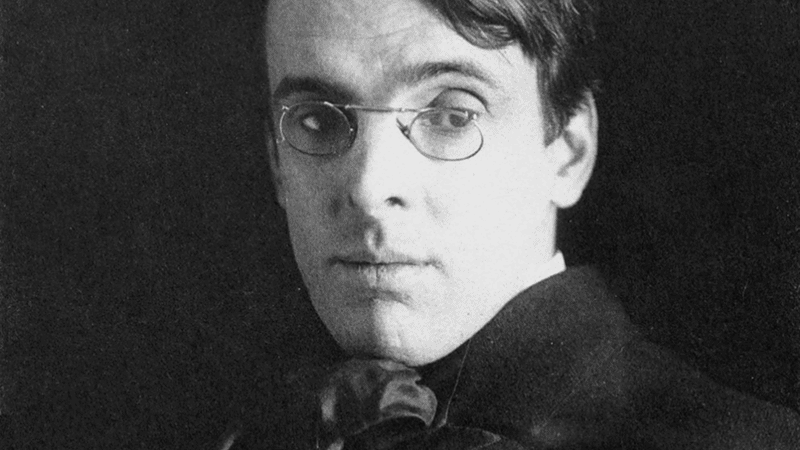
The Hero's Journey
Insights from Ancient Wisdom to Modern Realisation - By Swami SatyaDaya
Reading time: 4 minutes
This extraordinary statement, given by Buddhaghosa in the 5th century CE, contains the very essence of the realisation contained within the philosophy of Advaita and many other spiritual traditions, one of which is Yoga.
The truth contained within this verse is not to be understood intellectually – it can only be revealed to us through insight or realisation. This insight or realisation of what we are and what Is fundamentally is the culmination of the so-called Hero’s Journey made so popular by the writings of Joseph Campbell, specifically in his book "The Hero with a Thousand Faces".
In line with the title Campbell highlights a theme that runs through the teachings found in many different cultures.
We may ask, how does this affect me? I don’t want to go on a Hero’s Journey – I’ve got bills to pay and responsibilities. I just want some peace and meaning in a world that seems to offer little or none of these things.
Yoga, tantra and Advaita, as well as many other mystical traditions tell us that, if in our hearts, we truly seek peace we must travel the path of the Hero’s Journey – so that we experience, if only for a time, that ‘peace that passeth all understanding’. (Philippians 4:7)
Reading statements like those of Buddhaghosa at a superficial level is fraught with the danger of misunderstanding. We could easily reply ‘well if there’s no doer, I’m just going to sit on my sofa for the rest of my life etc.’
No. The wisdom contained in the above few words points us to the understanding that we’re going to do what we’re going to do in life – or more accurately, whatever is going to unfold through us is going to unfold. We will play our part and deeds that are to arise through us will do just that.
This is profoundly challenging to the ego – the utterly convincing feeling or impression that ‘I’ decide what ‘I’ do and when. This ego sense can become even further amplified when we see ourselves as doing something that is greater than others, even to the point where we decide that we are part of a so-called solution, while others and their actions are the problem.
There is no doer of a deed
Or one who reaps the deed’s result;
Phenomena alone flow on—
No other view than this is right.
Visuddhimagga verse XIX 20 – The Path of Purification by Buddhaghosa.
This is the ultimate inflation of the ego principle – not only are we fully identified with and defined by ‘our’ actions, but we also then feel virtuous for the action happening through us, especially compared to those ‘others’ and what they’re ‘doing’. It is when times are at their most challenging that we most easily fall into fixed and rigid positons about the actions of self and other - yet it also these times that most need us to begin to understand the world from a different and wider perspective.
In another of his fascinating works, an article entitled The Symbol without Meaning, Campbell also highlights how so many of the myths and mandalas (the concepts and frameworks that evolve to describe our place as embodied individuals both societally and cosmologically) of our collective past no longer serve us.
He postulates that many of our myths don’t necessarily contain inherent truths; rather they evolved in the past to give meaning to human life when we made the transition from hunter gatherer to settled agrarian cultures.
He suggests, prior to this transition, that the doorway to understanding both our spiritual and our human nature, was the way of the Shaman. The path of the Shaman is the very embodiment of the Hero’s Journey – where we must embark on that journey from the known to the unknown and then return. In the present era, the path of the Hero is embodied in yoga, tantra and Advaita.
In these times, it is as though life is challenging us to embark on our own Hero’s Journey rather than cling to our old myths and concepts that no longer serve us. We seem to have a choice: either we continue to subscribe to the past or we replace these old mythical structures with new ones which are based on our deepening realisation, and which are in-tune with the scientific discoveries and understanding of the modern world. Maybe now is truly the time for the Hero’s Journey.







